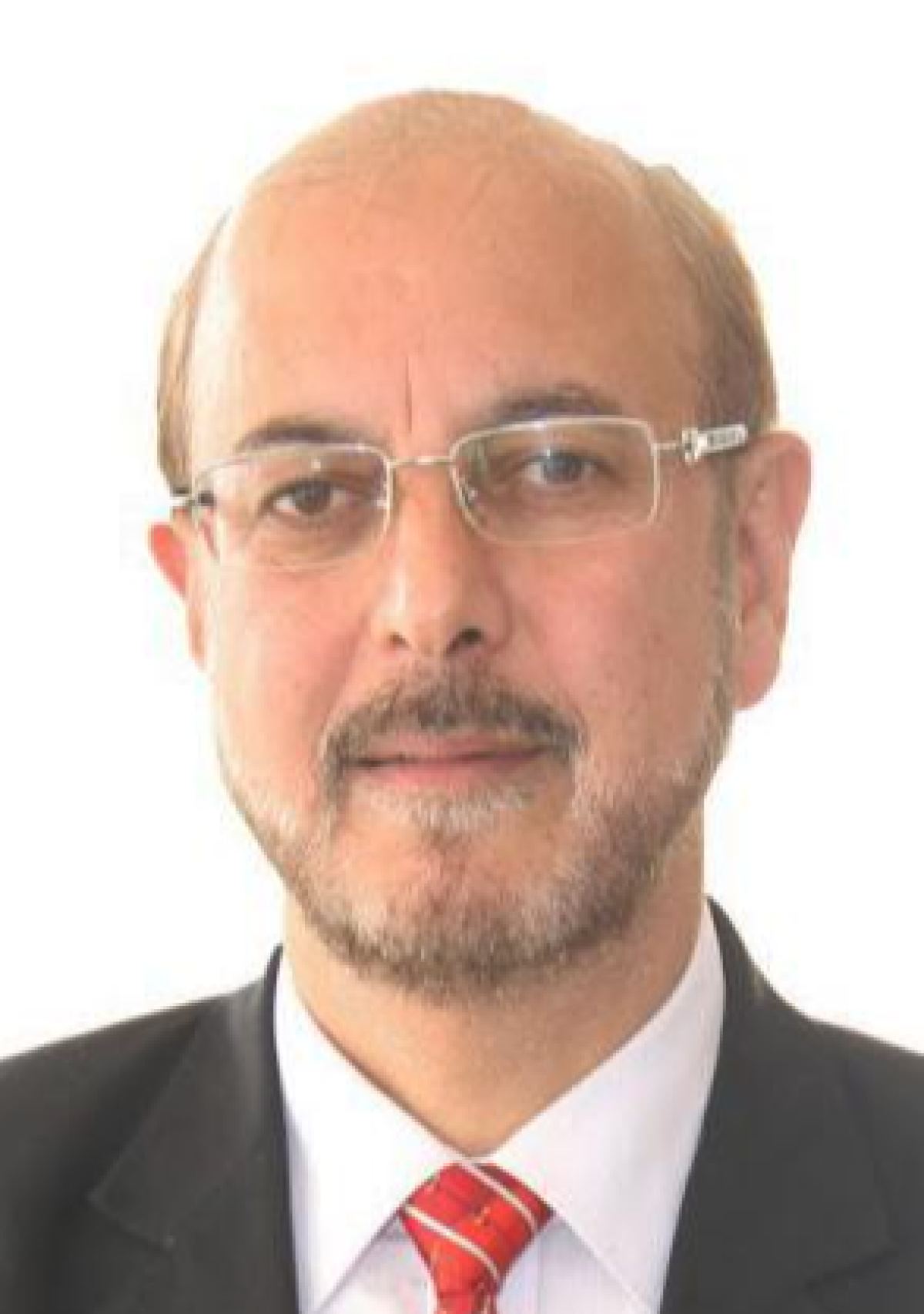The Mustafa(pbuh) Prize promotes international cooperation,technological advancements and scientific progress


Zabta Khan Shinwari, the national professor of Quaid-i-Azam University in the note that submitted to the MSTF, Believed that the Mustafa(pbuh) Prize promotes international cooperation and collaboration by bringing together scientists, researchers, and institutions from different parts of the world.
MSTF Media reports:
‘The status of science and technology awards
Muslim countries have made notable contributions to the global science and technology landscape, and several awards recognize their achievements. Here are some prominent science and technology awards that highlight the accomplishments of individuals from Muslim countries:
1-Nobel Prize: The Nobel Prize, one of the most prestigious international awards, has recognized the outstanding contributions of individuals from Muslim-majority countries in various scientific disciplines. For example, Abdus Salam from Pakistan received the Nobel Prize in Physics in 1979 for his work on electroweak unification theory.
2-Fields Medal: The Fields Medal is awarded every four years to mathematicians under the age of 40 who have made exceptional contributions to the field. Iranian mathematician Maryam Mirzakhani became the first and, to date, the only female recipient of the Fields Medal in 2014.
King Faisal International Prize: Established by the King Faisal Foundation in Saudi Arabia, this prestigious award recognizes outstanding contributions in various fields, including science and medicine. It has honored numerous individuals from Muslim countries for their groundbreaking research.
Mustafa(pbuh) Prize: The Mustafa(pbuh) Prize, established in 2013, is a science and technology award that recognizes top researchers and scientists, with a focus on contributions to the Islamic world. It covers several categories, including information and communication technology, life sciences, and nanoscience.
The Influences of " Mustafa(pbuh) Prize "
Here are some key aspects and perspectives regarding the Mustafa(pbuh) Prize:
1-Recognition of Scientific Excellence: The Mustafa(pbuh) Prize provides a platform to acknowledge and celebrate the scientific achievements of individuals and organizations. By honoring exceptional researchers and scientists, it highlights their contributions to advancing knowledge and fostering innovation.
2-Focus on Islamic World: The prize emphasizes the importance of scientific progress and technological advancements within the Islamic world. It seeks to encourage and inspire scientists and researchers from Muslim-majority countries to contribute to the global scientific community while addressing the unique challenges and opportunities within their respective regions.
3-Multidisciplinary Approach: The Mustafa(pbuh) Prize covers a wide range of scientific disciplines, including information and communication technology, life sciences, nanoscience, and other related fields. This multidisciplinary approach recognizes that scientific progress often emerges through collaboration and integration across various disciplines.
4-Promoting International Cooperation: The Mustafa(pbuh) Prize promotes international cooperation and collaboration by bringing together scientists, researchers, and institutions from different parts of the world. It aims to foster knowledge exchange, research partnerships, and scientific networks, contributing to the collective advancement of science and technology.
5-Empowering Young Researchers: The prize includes a special category for young researchers, highlighting the significance of nurturing and supporting the next generation of scientists. By recognizing the achievements of young scientists, the Mustafa(pbuh) Prize encourages their continued pursuit of scientific excellence and fosters a culture of innovation and inquiry.
6-Impact on Society: The Mustafa(pbuh) Prize recognizes research and technological advancements that have the potential to create positive impacts on society, addressing societal challenges, improving quality of life, and promoting sustainable development. It places importance on research outcomes that can be translated into practical applications and benefit humanity.
7-Cultural and Scientific Exchange: The Mustafa(pbuh) Prize provides a platform for cultural and scientific exchange, fostering, understanding and collaboration among researchers from different cultural, linguistic, and scientific backgrounds. This exchange of ideas and knowledge can contribute to mutual understanding, peace, and cooperation on a global scale.
The Mustafa(pbuh) Prize may vary, and opinions can be shaped by individual experiences, regional contexts, and differing views on the relationship between science, culture, and society. Overall, the Mustafa(pbuh) Prize seeks to recognize scientific excellence, promote collaboration, and encourage innovation within the Islamic world while contributing to the broader scientific community.
What are the most powerful countries in the field of commercialization of science? How can Muslim countries achieve that position?
Several countries have emerged as leaders in the field of commercialization of science, leveraging scientific research and innovation to drive economic growth and societal impact. While the rankings may vary depending on specific indicators and perspectives, some notable countries in this regard include:
1-United States: The United States is renowned for its strong entrepreneurial ecosystem, robust venture capital networks, and close collaborations between academia, industry, and government. It has a long history of successfully commercializing scientific research, resulting in numerous groundbreaking technologies and thriving industries.
2-China: China has rapidly transformed into a global powerhouse in science commercialization. It has strategically invested in research and development, established technology hubs, and implemented policies to incentivize entrepreneurship and innovation. China's large domestic market and government support have facilitated the commercialization of scientific discoveries.
3-Germany: Germany is recognized for its strong industry-academia collaborations, well-established research institutions, and a culture that values applied research. It has a robust system of technology transfer, with successful collaborations between universities, research organizations, and industry partners.
4-South Korea & Japan: South Korea and Japan have achieved significant success in science commercialization, particularly in fields like electronics, telecommunications, and automotive technologies. These country's emphasis on research and development, supportive government policies, and strong collaboration between academia and industry have contributed to their position as global leaders in technology commercialization.’